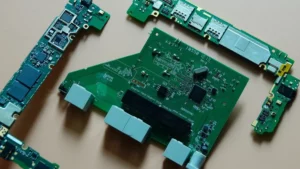
The Nuclear Regulatory Commission (NRC) has taken a crucial step forward in advancing new microreactor policies, allowing for the development and use of small modular reactors (SMRs). These innovative reactors would provide power supply to specific entities such as companies or isolated communities, creating emergency power reserves. This unprecedented move opens up new non-conventional nuclear markets that differ from traditional electric utilities’ energy mix.
In a June 18 public notice, the NRC outlined three significant policy changes. The first permits microreactors loaded with fuel to be excluded from being “in operation” if they are designed to prevent a nuclear chain reaction. This means manufacturers can load the reactors with fuel at factories under an NRC license for fuel possession.
The second policy allows NRC staff to apply non-power reactor regulations to test these small modular reactors before shipping them to their designated sites. Lastly, the commission directed its staff to engage with the Department of Energy and Department of Defense in exploring microreactor applications on their respective sites or as part of critical national security infrastructure.
It is essential for the NRC staff to continue exploring recommendations from stakeholders, which include using existing meteorology and weather information from organizations like NOAA and the National Weather Service to support analyses and design bases. Additionally, the NRC must ensure that when a microreactor’s features to preclude criticality are installed after operational testing or at the end of an operating cycle, the license does not authorize operation at power.
Furthermore, the commission has tasked its staff with developing a comprehensive regulatory framework and licensing options for microreactor manufacturers. This framework should combine activities such as fabrication, operational testing, fuel loading, and transportation in a single federal license.
Source: www.forbes.com


